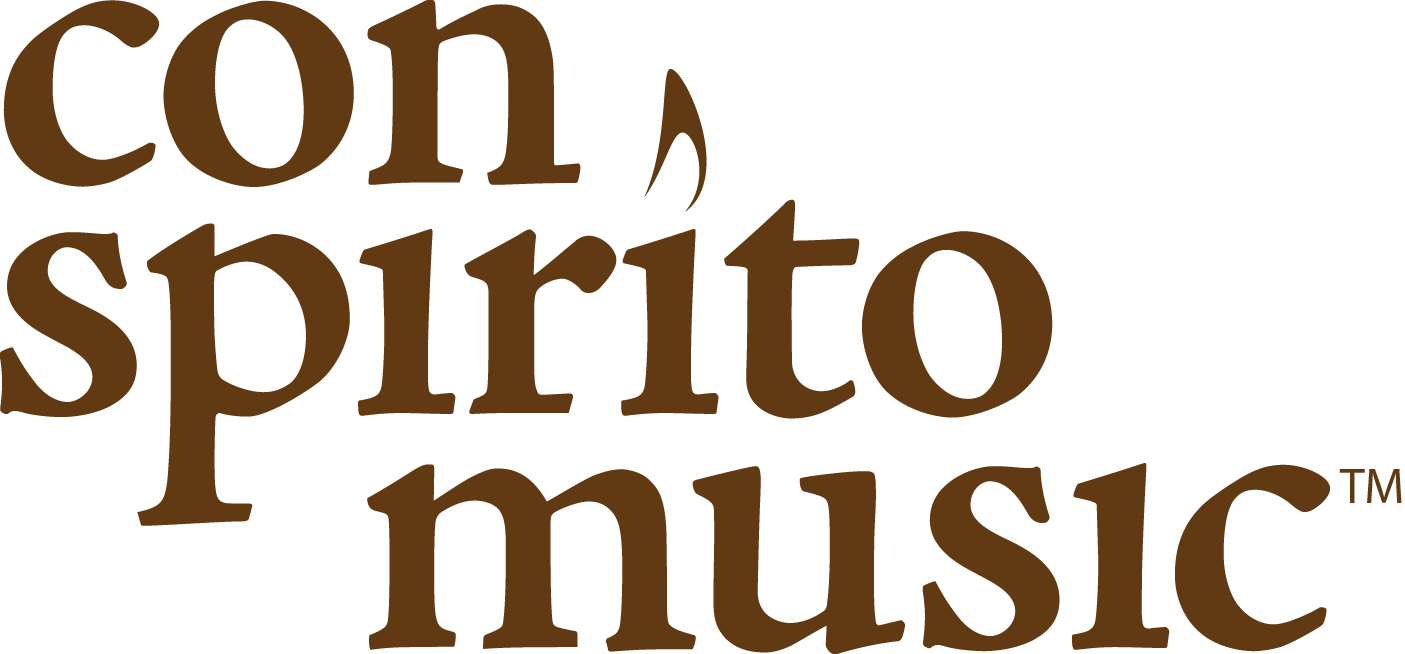One of the most popular English hymns, “Joy to the World” began not as a Christmas carol but as a lyrical paraphrase of Psalm 98 written in 1719 by the English Congregational minister, theologian, and hymn writer Isaac Watts (1674-1748).
Watts published the poem in his collection, The Psalms of David, Imitated in the Language of The New Testament. The free paraphrase is Watts’ Christological interpretation of the psalm, celebrating Jesus’ role as King of both his church and the world.
More than a century later, the second half of Watts’ poem was adapted and set to music by the American music educator and hymn-tune composer Lowell Mason (1792-1872) in his Occasional Psalms and Hymn Tunes (1836). Mason based the music, in part, on excerpts from George Frideric Handel’s (1685-1759) oratorio Messiah, with the descending major scale accompanying the opening words, “Joy to the world! The Lord is come” echoing Handel’s chorus, “Lift up your heads.”
This accompaniment to unison voices proceeds as follows:
- Introduction: organ, brass, timpani
- Verse 1: organ
- Verse 2: brass, timpani
- Verse 3: organ with alternate harmonization
- Interlude: all
- Verse 4: organ, brass, timpani, with alternate harmonization
- Coda: all
Full score, parts for organ, Bb tpt. 1, Bb tpt. 2, F horn, tbn, tuba, timpani, and reproducible bulletin insert for voices — $25
